Jawi House
This restored house offers a twist on Penang's Peranakan history.
Penang is well-known for its vibrant Straits Chinese Peranakan culture, but if you know where to look, there’s another chapter to its history. While the focus is often on the marriage between overseas Chinese traders marrying local Malay women, the truth is, the Chinese were not the only traders conducting business in George Town. Merchants from around the region were familiar with Penang, having already flowed through Penang on various trading missions.
Between the 10th and 18th centuries, traders and migrants from India, Persia, and the Middle East arrived in Penang. Their marriages with local Malay women gave rise to a new branch of the Peranakans, known as Jawi Peranakan, with Jawi denoting Southeast Asian Muslims, and Peranakan taking its meaning from the Malay word ‘anak’, or child. Over time, this group expanded to include those who had Arab-Malay ancestry. In Penang, they were also once known as Jawi Pekan.
The Jawi Peranakan cuisine, much like its Chinese cousins, draws on cultural exchanges between Malay cuisine and its Indian, Arab, and Persian influences. Jawi Peranakan dishes tend to feature ingredients from India and the Middle East, including ground almonds and cashews, saffron, and rosewater. The cuisine of the Jawi Peranakan was generally recognized to be more lavish, and was often served during feasts and special occasions.
To get a taste of this chapter of Peranakan history, visit Jawi House, located on Armenian Street in the heart of George Town’s downtown heritage district. The house was recently renovated in 2012 according to UNESCO World Heritage Guidelines, but it has existed for six generations. It was established by the Karim family of Punjabi-Jawi Peranakan history, and today functions as not just a restaurant showcasing a modern take on Jawi Peranakan cuisine, but also as a small gallery charting the family’s history as well as classic handcrafted art.Helmed by Chef Nurilkarim Razha, a descendant of the Karim family, the restaurant offers up iconic Jawi Peranakan fare. Popular dishes include lamb bamieh, a fragrant, aromatic Persian-inspired okra and tomato-based lamb stew; serabai, a Malay kuih which resembles a tangy, spongier pancake made from fermented rice batter and served with caramel kaya (coconut jam); and nasi lemuni, an herbaceous rich rice dish cooked with butterfly pea flowers and the herb Vitex trifolia.
Know Before You Go
Jawi House is closed on Tuesday. Also, this is not the hotel—that is the Jawi Peranakan Mansion.
Plan Your Trip
The Atlas Obscura Podcast is Back!






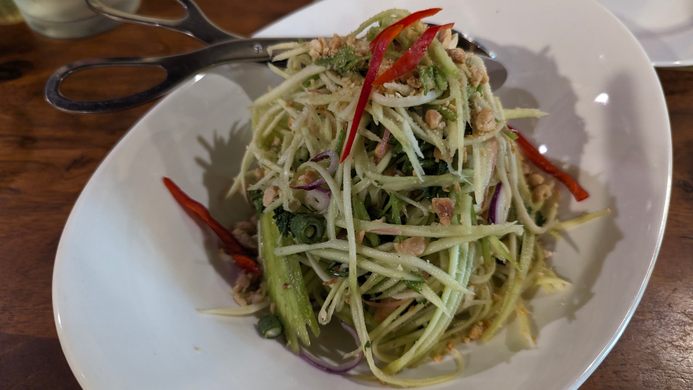
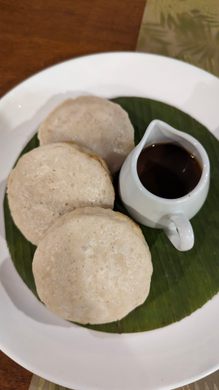

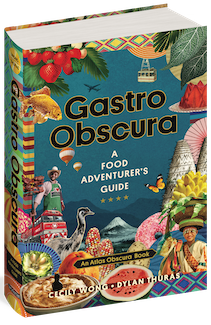


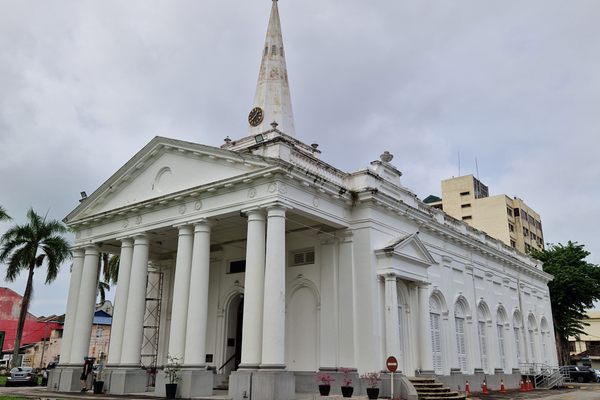


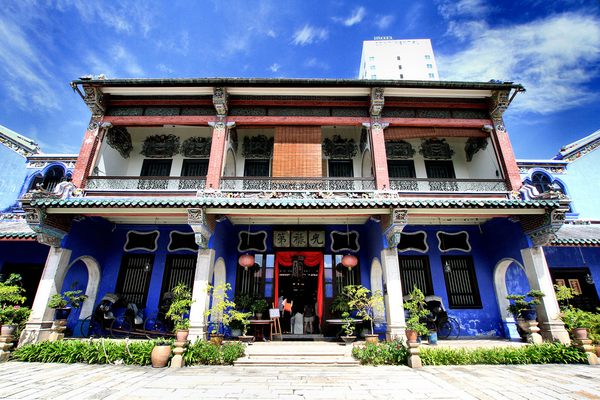

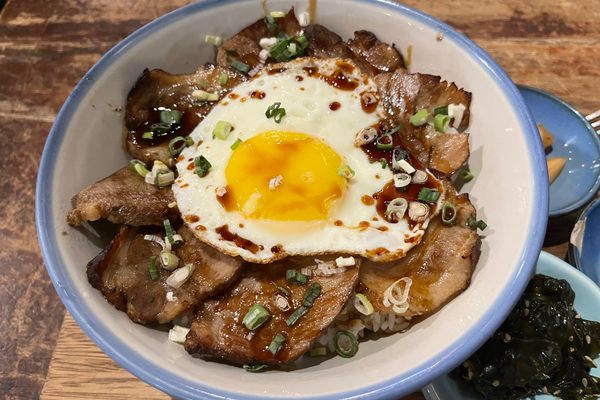


Follow us on Twitter to get the latest on the world's hidden wonders.
Like us on Facebook to get the latest on the world's hidden wonders.
Follow us on Twitter Like us on Facebook